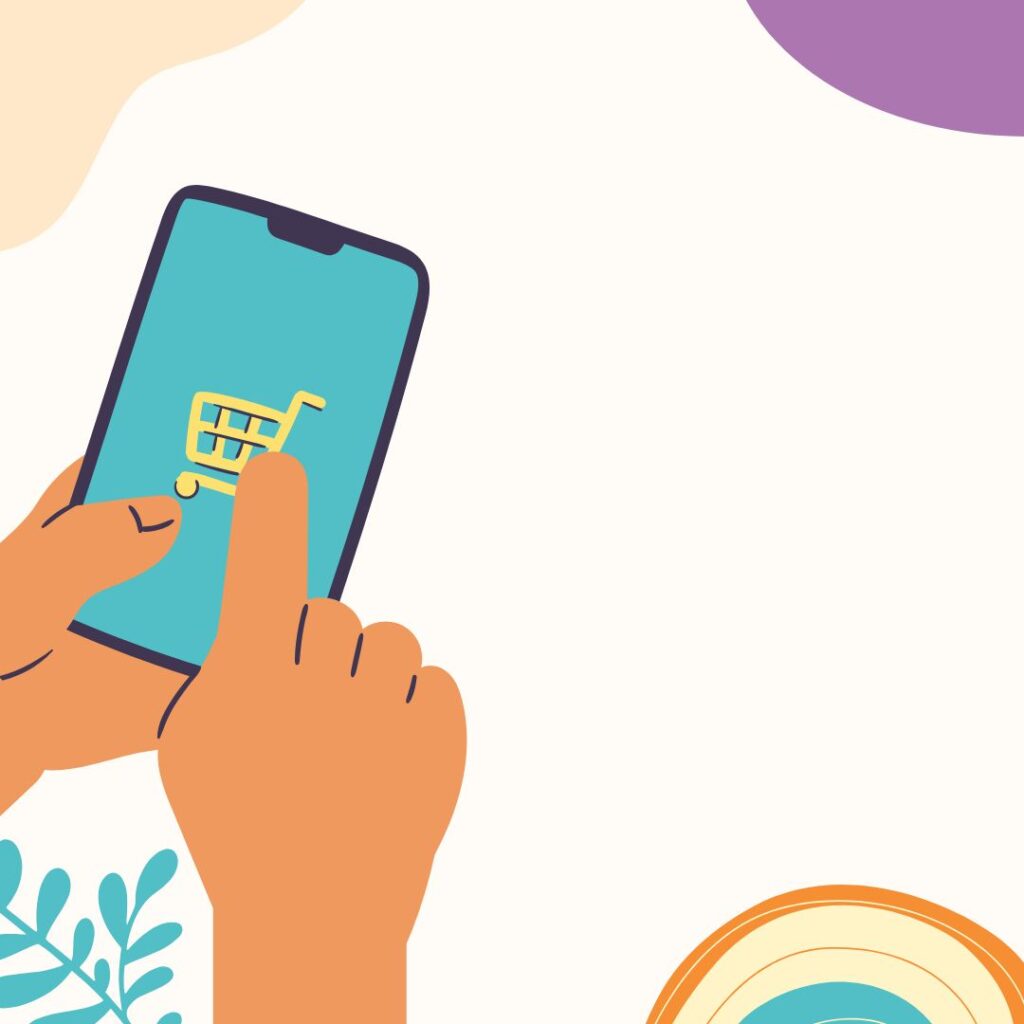
When You’re Broke, every penny counts. Facing financial challenges doesn’t mean you have to go without essentials or let your quality of life take a dive. By making intentional purchasing decisions, you can stretch your budget and ensure your money goes toward things that truly matter. In this guide, we’ll explore the best ways to spend wisely, prioritize necessities, and even improve your overall financial situation in the long run.
Contents
Understanding Needs vs. Wants
One of the first steps to managing your money effectively is distinguishing between what you truly need and what you simply want. When You’re Broke, it’s crucial to prioritize essentials like food, shelter, transportation, and healthcare before indulging in discretionary spending. Ask yourself:
- Is this purchase necessary for my day-to-day survival?
- Will it help me earn more money or save money in the future?
- Is there a cheaper alternative that still meets my needs?
By focusing on necessities, you can maintain a baseline quality of life while ensuring that every dollar serves a purpose.
Grocery Shopping on a Budget
Food is a non-negotiable expense, but that doesn’t mean you have to spend a fortune. When You’re Broke, consider these strategies for buying groceries:
- Buy in bulk: Staples like rice, beans, and pasta often cost less per serving when purchased in larger quantities.
- Choose store brands: Generic or store-brand products typically offer the same quality as name-brand items at a fraction of the price.
- Plan your meals: Create a meal plan around affordable, versatile ingredients so nothing goes to waste.
- Use coupons and cashback apps: Take advantage of digital discounts and cashback programs to reduce your total cost.
By being intentional about your food purchases, you can keep your kitchen stocked without overspending.
Clothing and Household Essentials
When You’re Broke, updating your wardrobe or replacing household items might seem out of reach. However, there are smart ways to acquire what you need:
- Shop second-hand: Thrift stores, consignment shops, and online marketplaces offer gently used items at a fraction of the original cost.
- Host a swap: Trade clothes, furniture, or other goods with friends or neighbors to refresh your belongings without spending money.
- Repair before replacing: Sew up a tear, fix a zipper, or patch up furniture rather than buying new.
- Prioritize quality: If you must buy new, look for durable, long-lasting items to avoid frequent replacements.
These strategies help ensure that your hard-earned cash goes further, even if your budget is tight.
Transportation on a Dime
Owning and maintaining a car can be expensive. When You’re Broke, consider these alternatives to save money on transportation:
- Use public transit: Buses, trains, and subways often cost significantly less than driving, especially if you purchase monthly passes.
- Bike or walk: For short distances, cycling or walking not only saves money but also improves your health.
- Carpool: Sharing rides with coworkers or friends can drastically cut fuel and maintenance costs.
- Plan trips efficiently: Combine errands into one trip to minimize fuel use and wear-and-tear on your vehicle.
By reevaluating your transportation choices, you can keep moving while spending less.
Personal Care and Health
Taking care of your health doesn’t have to break the bank. When You’re Broke, these tips can help you maintain your well-being on a budget:
- Buy generic medications: Many over-the-counter drugs and prescriptions have low-cost, equally effective alternatives.
- Take advantage of community resources: Free or low-cost clinics, health screenings, and local health events can help you stay on top of your well-being without excessive expenses.
- Practice preventive care: Eating well, exercising, and maintaining good hygiene can reduce the need for expensive medical treatments.
- Find DIY solutions: Make your own cleaning supplies, skincare products, or hair treatments to save money.
Even small adjustments can make a big difference in how much you spend on personal care.
Effectively Incorporating Financial Transparency
Being open and honest about your financial situation can also help you make smarter purchasing decisions. Financial Transparency doesn’t mean sharing all your financial details with the world, but it does mean being truthful with yourself about what you can and can’t afford. It involves tracking every dollar that comes in and goes out, creating a realistic budget, and sticking to it. When You’re Broke, this self-awareness can help you prioritize essentials, avoid unnecessary debt, and ultimately regain financial stability.
Final Thoughts: Making the Most of What You Have

When You’re Broke, every decision matters. By focusing on necessities, shopping smarter, and practicing Financial Transparency, you can ensure that your limited funds work for you rather than against you. While it might feel challenging at times, the steps you take now will help you emerge stronger, more financially resilient, and ready to rebuild.
